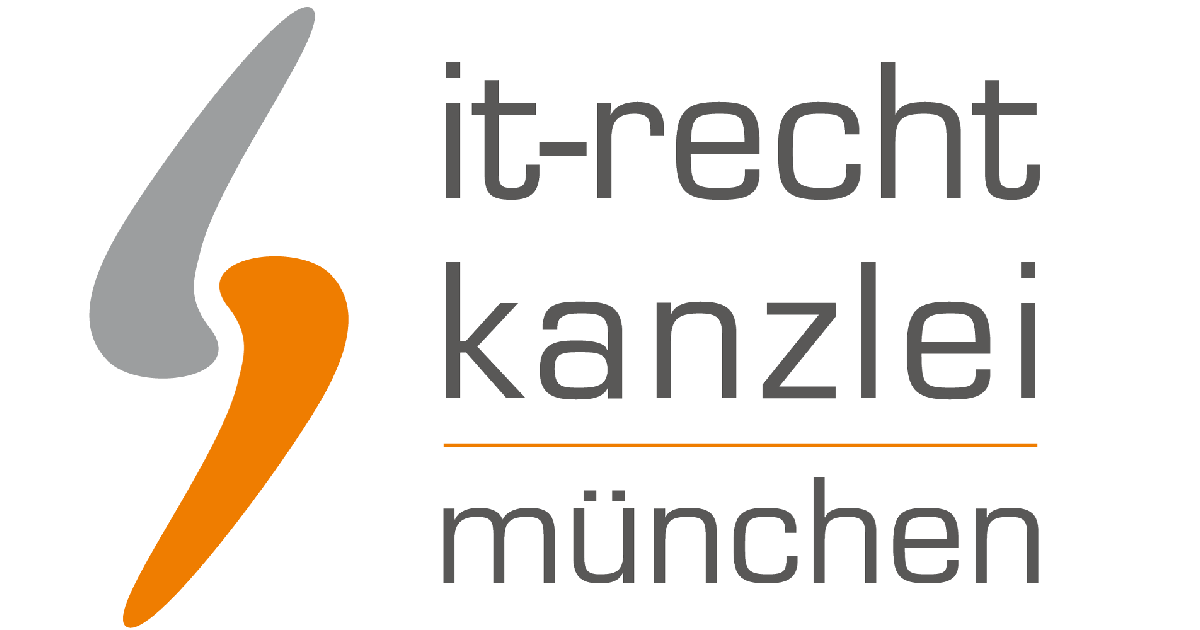A contact form offers website customers the opportunity to contact a company quickly and easily. However, the use of a contact form can become a liability trap if it cannot be proven that the contact form was used intentionally and knowingly by the person contacted by e-mail. If the contacting party is unable to provide this proof, it is an unwanted e-mail advertisement, which entails claims for injunctive relief and damages. Read more about. Decision of the LG Cologne in our article.
1. Contact form as an appointment booking?
The decision was based on a dispute about the use of the contact form on the advertiser’s website as a binding appointment booking from the years 2021 and 2022.
The background was that, according to the defendant, the plaintiff booked a telephone consultation appointment using the completed contact form on their website.
As a result, the plaintiff’s managing director was sent a booking confirmation of the consultation appointment by e-mail, and two further reminder e-mails were sent to the managing director.
Despite the advice of the Wirtschaftsverein (§§ 8 Para. 3 No. 2, 8b UWG) to the faulty booking of the consultation appointment, the defendant did not omit, so that the plaintiff issued a warning and demanded that the sending of unwanted advertising messages should be stopped.
The plaintiff saw the contact via e-mail as a violation of § 7 UWG and by deceiving the reminder e-mail that a booking was not actually made constitutes a breach of § 5 UWG iVm § 8 UWG.
After the defendant had not submitted the required cease-and-desist declaration, the plaintiff sought legal assistance to enforce his request.
2. When booking via the contact form, verification of authenticity is required
The court comes to the conclusion (judgment of April 7th, 2022, Az. 81 O 88/21) that contact through advertising e-mails in commercial transactions is a unacceptable harassment according to Section 7 Paragraph 2 No. 3 UWG represents the recipient’s consent in the form of entering their e-mail address in a contact form, but not through a confirmation from the recipient verified became.
The court first dealt with the lack of express consent to use the contact form as an appointment booking on the plaintiff’s side.
Express consent requires the verbal or written consent of the person concerned to disclose to a certain group of people a fact that he himself considers worthy of protection.
Express consent would therefore exist if the recipient had made it clear in writing or verbally that he had booked an appointment with the completed contact form.
No express consent was submitted to the defendant, because the consent does not already exist in the form of contact via the defendant’s website, but rather must be given separately. According to the court, such verification is also possible, namely by asking for confirmation of the correctness of the booking.
The court then clarified that the employee’s completion of the contact form did not constitute a bindingly booked appointment, so that the notifications by e-mail had to be qualified as an unreasonable nuisance to the recipient.
The reason why the information contained in a contact form is not to be regarded as a binding appointment booking is that the information contained in a contact form is publicly accessible and is therefore not a reliable indication of the booking of an appointment.
Contact forms can be individually adapted to a product, but are usually universally applicable and contain mandatory and optional fields.
A binding booking of the appointment via a contact form would only be given if the plaintiff Authenticity of booking verified had. Accordingly, it should have been accessible to the plaintiff that he would be asked in the form of an e-mail about the correctness of the booking.
According to the case law of the Cologne Regional Court, advertisers are obliged to send an acknowledgment of receipt and to check its consistency after an inquiry via a contact form for an appointment booking.
However, the defendant disregarded this procedure, because the plaintiff did not receive any confirmation of receipt of the contact form, only the booking confirmation.
The e-mails sent by the defendant were advertising within the meaning of § 7 para. 2 no. 3 UWG, which need not be tolerated by an unsuspecting recipient.
At the same time, the court finds that the actions of the defendant constitute misleading within the meaning of § 5 UWG iVm § 8 UWG represented.
Reading note: If you want to learn more about contact forms, we have in this post Instructions for creating a warning-proof contact form have been provided!
3. Conclusion
Special care should be taken when using online contact forms. In this context, it must be ensured that the advertiser must be able to present and prove the consent of the recipient.
In the present case, it would have been necessary to ensure that the booking made was actually made by the person using the contact form. For this purpose, it would have been advisable to have the booking confirmed by the person using the contact form.
In the event that the advertiser disregards the knowledge and intention of the recipient to book a binding appointment via the contact form, the recipient has a claim for injunctive relief against the advertiser.
You do not yet have a legally secure data protection declaration? With our protection packages you have the opportunity to obtain legally compliant texts for your online presence or online shop – quickly, easily and securely!
Tipp: Do you have any questions about the contribution? Feel free to discuss this with us in the
Entrepreneur group of the IT law firm on Facebook.
